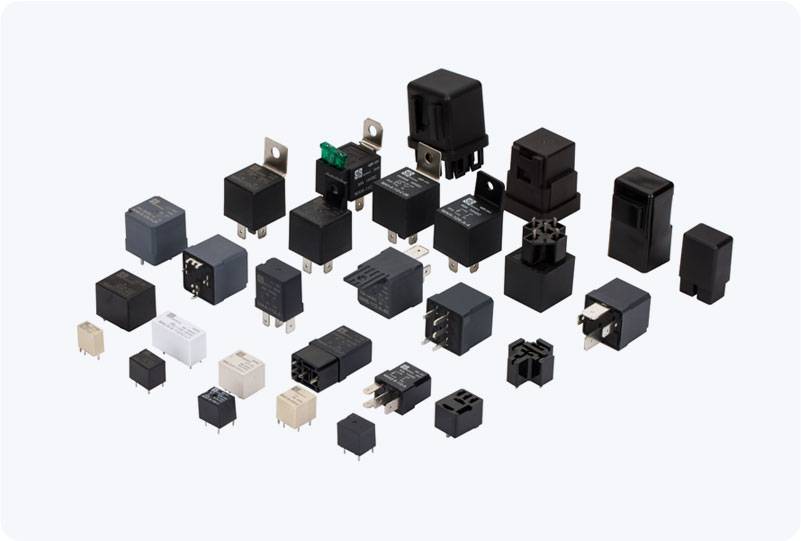Ground Fault Protection Relay is a crucial component in electrical systems, designed to safeguard electrical equipment and prevent hazards by detecting ground faults. It plays a vital role in maintaining the safety and reliability of power systems by automatically identifying faults caused by unintended connections between electrical conductors and the ground. In this article, we will explore the working principles, importance, types, and applications of Ground Fault Protection Relays in modern electrical systems.

What is Ground Fault Protection Relay? A Ground Fault Protection Relay is an automatic protective device used in electrical systems to detect ground faults, which occur when a live conductor accidentally comes into contact with the earth or any grounded part of the system. This relay constantly monitors the system’s electrical parameters and activates when it detects abnormal conditions, such as a difference in current due to ground faults. When a fault is detected, it triggers the protective circuit to isolate the fault, thus preventing damage to the equipment, electrical fires, or even electrocution hazards.